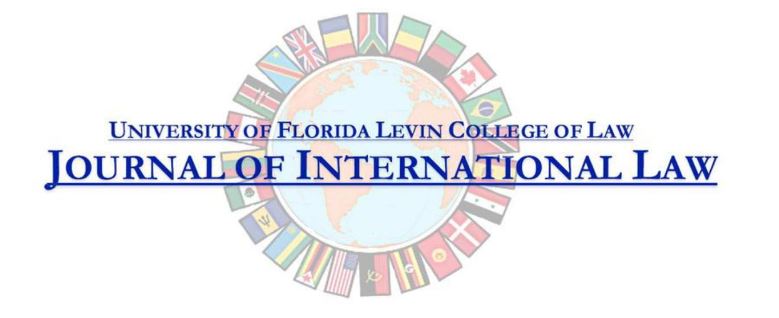
Abstract
This research provides an advanced interpretation of the right to food, arguing that it should include not only food security and food safety, but also sustainability. It further calls for the international community to replace the right to food with the right to holistic food. The new term highlights the holistic nature of food production. Monsanto (now Bayer) is used as an example to explain that agribusiness-specifically leading global companies-can play an important role in making the global food system safer, healthier, more productive, and more sustainable, primarily through their daily operations and technological advancements. In particular, agribusiness can make a significant contribution to the improvement of sustainability. Further, this research explores regulatory options for creating a sustainable food production system, suggesting that the U.S. government should incorporate the advanced interpretation of the right to food into legislation. A three-step product authorization test should be developed, and product approval should include the assessment of food safety, food security, and sustainability. Meanwhile, a uniform regulatory and institutional framework at the federal level is also important to bring all states up to standard and improve the sustainability of food production across the country. It is hoped that the case study of the U.S. provides some practical insight to other countries. To conclude, this research re-emphasizes the importance of incorporating sustainability into the interpretation of the right to food. Despite some reasonable efforts made by both the public and private sectors, more work needs to be done. Together, the world can achieve the full realization of the right to holistic food.
Recommended Citation
Chen, Ying
(2021)
"Improving Sustainability and Promoting the Right to Holistic Food: The Role of Agribusiness,"
Florida Journal of International Law: Vol. 31:
Iss.
1, Article 6.
Available at:
https://scholarship.law.ufl.edu/fjil/vol31/iss1/6